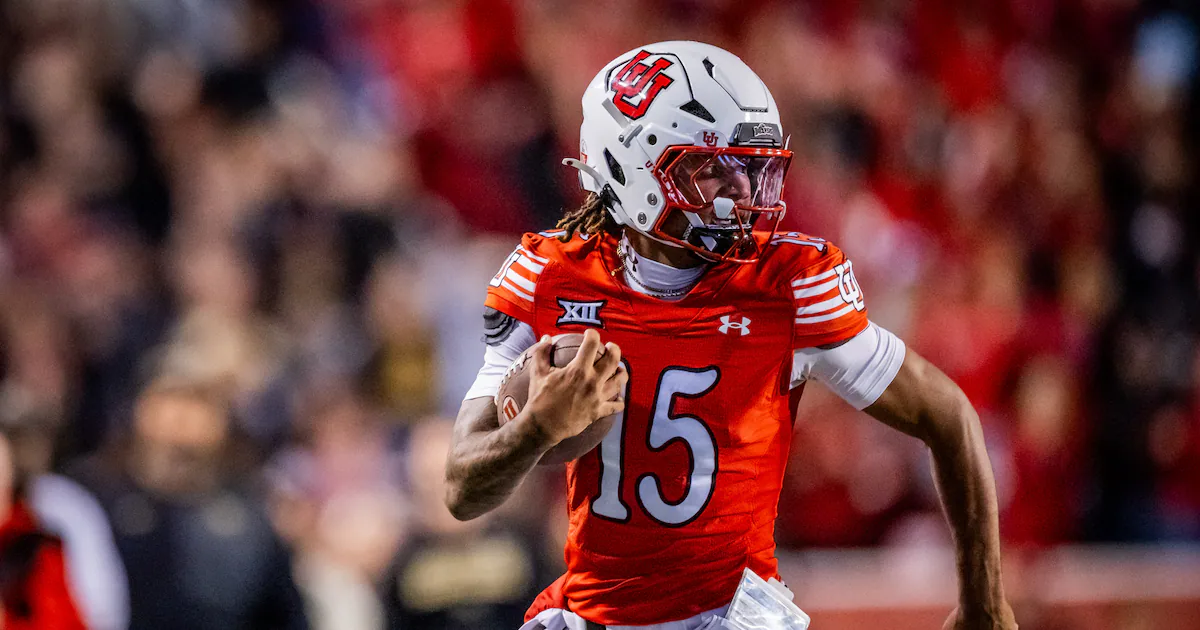Copyright mirror

The Bank of England has decided to hold its base interest rate at 4% following its final meeting ahead of the Budget . The base rate affects the interest that is applied to many financial products, such as mortgages and loans . It also has an impact on the interest you get back on your savings . When it goes up, interest rates generally go up - and when it comes down, borrowing normally becomes cheaper. Whether you end up paying more or less depending on whether your interest rate is variable, or if you are paying a fixed rate. Interest rates remain at their lowest level for more than two years, having slowly come down from their peak of 5.25%. It marks the second meeting in a row where the Bank of England Monetary Policy Committee (MPC) has kept the base rate at its current level. Five members of the MPC voted in favour of keeping the base rate the same, while four members wanted to reduce it by 0.25 percentage points to 3.75%. It is the final time the MPC will meet ahead of the Budget on November 26. The latest Bank of England decision comes after inflation remained at 3.8% in September . But even though inflation did not go up, it is still almost double the 2% target the Bank of England is aiming for. The Bank of England today said it believes inflation has "peaked" and will dip over the coming months before dropping to 2% in 2027. Andrew Bailey, governor of the Bank of England, said: “We held interest rates at 4% today. We still think rates are on a gradual path downwards but we need to be sure that inflation is on track to return to our 2% target before we cut them again.” The Bank of England uses interest rates to keep inflation under control. The idea is that when interest rates are higher, people will spend less as their borrowing costs have increased. This in turn then helps slow down demand, which leaves businesses less able to raise prices, and price increases slow down. Inflation has fallen from its high of 11.1% in October 2022, which is what has led to interest rates also coming down. It all depends on what type of mortgage you have. If you have a tracker mortgage, then this follows the movement of the base rate. As the base rate has not changed today, then you won't see any immediate change to your monthly repayments. If you have a standard variable rate (SVR) mortgage, then it is down to your mortgage lender to decide if they pass on any base rate changes. Again, no change has been announced today, so your payments will likely stay the same. There are around 1.3 million households on a tracker or SVR mortgage. If you have a fixed rate mortgage, you have agreed to pay a fixed amount every month for a set period of time. This means your payments are not affected by the base rate and won't change until your fixed deal has ended. An estimated 1.8 million fixed rate mortgages are set to expire in 2025. Matt Smith, Rightmove mortgages expert, said: "Some good news is that the cost of financing mortgages has actually come down in recent weeks. We've started to see some lenders become more competitive in certain segments of the mortgage market in recent days, and offer some headline-grabbing cheaper rates, as they look to secure some final business before the end of the year. "The average two-year fixed mortgage rate is now 4.44% - down from 4.95% at this time last year. The downward trend is good, but mortgage rates have come down more slowly than many were predicting at this time last year." If your credit card is linked to the base rate, then your interest rate can change when it is updated. The average credit card purchase APR is around 35%, according to Moneyfacts. As there is no change to the base rate today, you should not see any changes to your credit card if it is linked to the base rate. Not all credit cards are linked to the base rate. As most credit card rates are variable, they can change from time to time anyway. Interest rates on personal loans and car financing are normally fixed. This means if you're in the middle of an agreement, this should not change even when the base rate is updated, as you have already agreed set repayments. However, a change in the base rate can impact the rates that are applied to new agreements. Charlie Evans, Money Expert at Compare the Market, said: “For borrowers with credit cards or personal loans, rates are likely to remain largely unchanged for now. “But it’s worth noting that many providers set their own rates independently of the Bank of England. This means you could still find a more affordable deal by comparing what’s available, depending on your credit score and the type of card you’re applying for.“ Savings rates went up previously when the base rate was higher - and although they have come down a bit, there are still plenty of deals out there that pay more than inflation. Variable savings rates can change when the base rate is updated, but if your money is locked into a fixed-rate account, then your rate won't change. MoneySavingExpert.com lists the best easy-access rate as 4.51% from Monument Bank - however, this is only for new customers as it includes a 0.74% bonus rate for 12 months. The best rate on an easy-access cash ISA is 4.53% from Trading 212 for new customers. This includes a 0.68% newbie bonus. You can pay up to £20,000 into an ISA each tax year and any interest you make is free from tax. If you can afford to lock your cash away, MSE says the top fixed rate account is from Monument Bank and this pays 4.47% for a one-year fix. There are also notice accounts, with OakNorth Bank topping the MSE table with a rate of 4.54% if you give 95 days notice for when you want to make a withdrawal. Regular savings accounts offer the best rates, but these come with strict terms and conditions. You can normally only make small deposits each month and some accounts restrict how many withdrawals you can make. Principality Building Society pays 7.5% fixed for six months but you can only deposit up to £200 each month. Alice Haine, personal finance analyst at Bestinvest by Evelyn Partners, said: “Keeping interest rates on hold at 4% is welcome news for savers as it means average savings rates may stay higher for longer. “Savings rates have been edging down in recent months and, with inflation still sticky, real returns are shrinking. Savers should avoid sitting on the sidelines waiting for conditions to improve."



